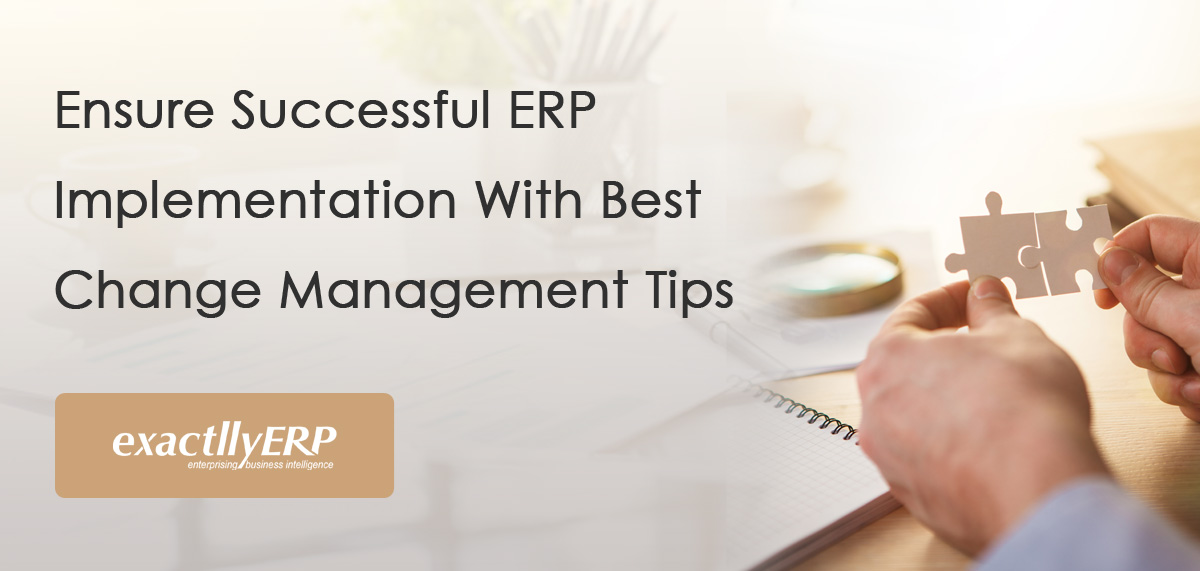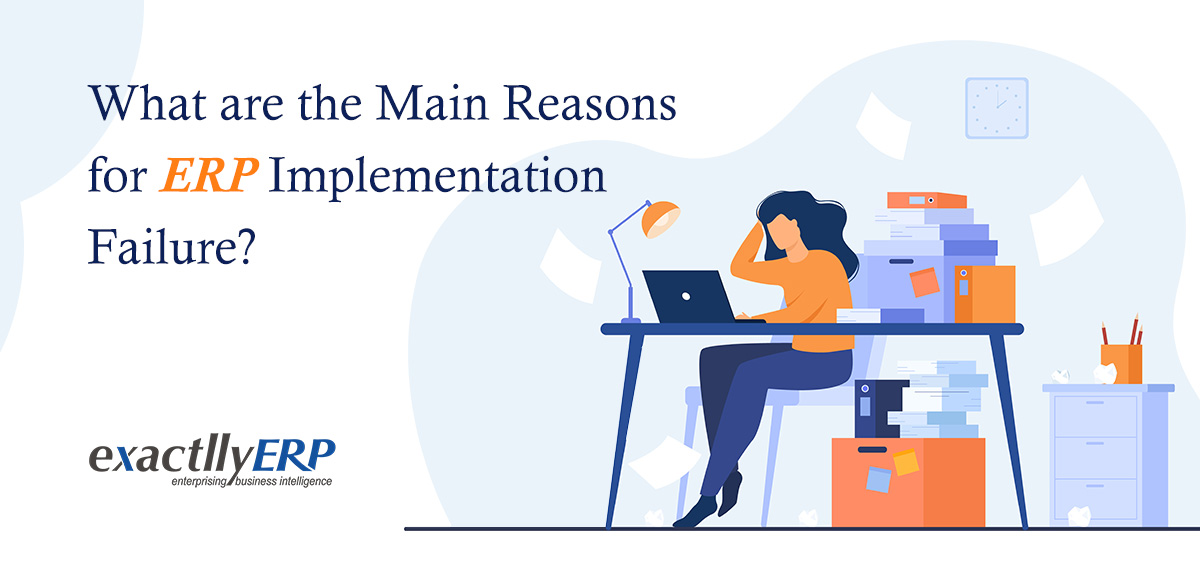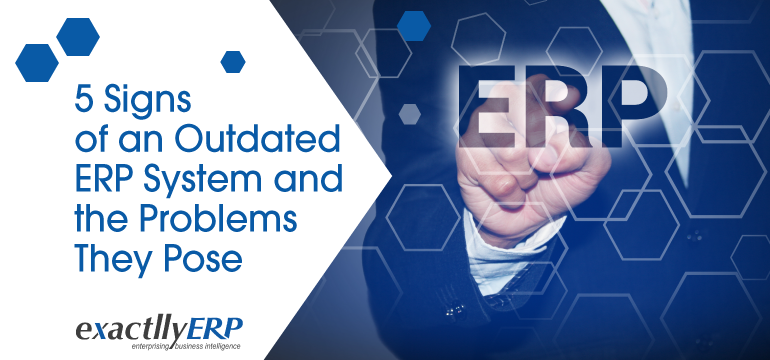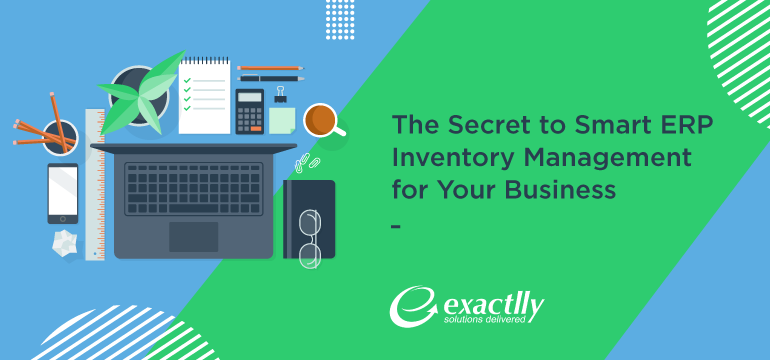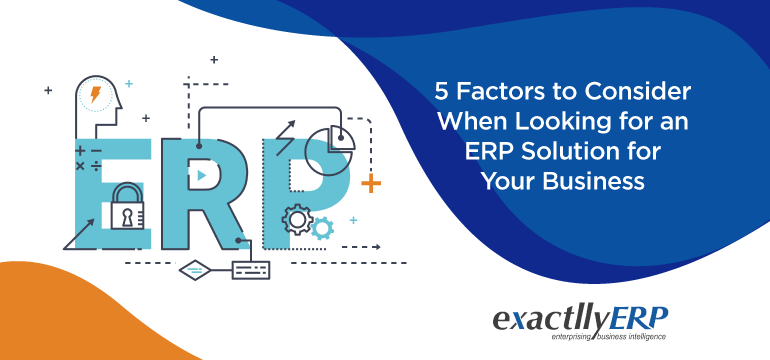How to Use ERP to Engage in Social Selling
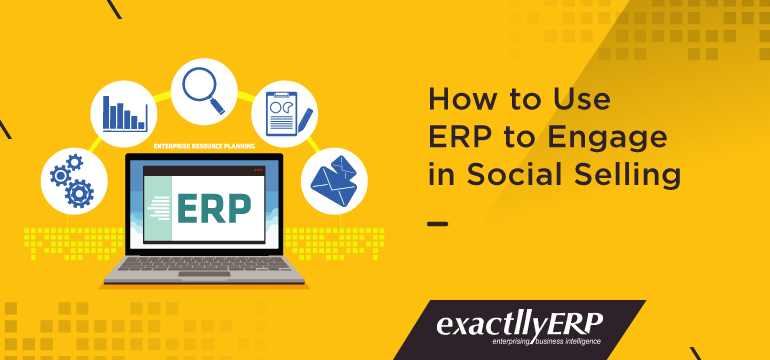
It wouldn’t be an overstatement to claim that social media is the single most important tool in the marketing mix. With studies estimating that there will be close to 3 billion active social media users by 2020, it is very important to understand how social selling can be automated at least to a certain extent. Sales and marketing teams already know that social networks are great platforms to engage in selling and marketing. ERP helps businesses to automate backend processes such as inventory management, deliveries and billing. By integrating these two aspects of business operations, e-commerce stores can achieve witness a steep growth in sales figures and profits.
1. Helps marketing and sales teams to communicate better
Research shows that a majority of sales and marketing teams do not communicate effectively in traditional situations. Even in a digital marketing realm, sales and marketing teams do not share data nor do they run parallel campaigns, resulting in social media marketing failures. Social selling should be in sync with social media marketing, and ERP is a great tool to help ensure that. ERP helps both the teams communicate more effectively, and run their respective campaigns in conjunction with each other. ERP helps marketing and sales teams to track campaign progress, observe social signals and make changes to campaigns as they evolve, resulting in better sales figures.
2. Integrates social platforms with ERP seamlessly
E-commerce stores often find it difficult to manage multiple social platforms, for diverse audiences. Successful sales campaigns require social presence on Instagram, Twitter, LinkedIn and Facebook. Depending on how niche an audience is, certain other social tools may need to be used as well. An ERP helps you integrate social tools across your organization and make it easier for sales communication takes place right from the ERP. This helps to close deals on social media and identify future opportunities as well. Your sales team can be trained to use digital media more effectively, without having to use secondary applications to schedule posts or engage with their audiences on social media.
3. Makes order processing and deliveries prompt
Many businesses found it difficult to process orders right from social media tools. This is mostly because social platforms aren’t integrated with their backend processes. This results in unnecessary delays and failed orders, especially if the inventory has not been replenished in time. Integrating ERP with social tools eliminates this problem, and creates a seamless order processing and delivery environment. The moment a customer decides to purchase something during a social sales campaign, a landing page that results in checkout can be setup. In fact, e-commerce stores can provide automated shipping updates via direct messages to their customers, resulting in enhanced customer experience.
4. Take personalized communication to the next level
Social communication needs to be incredibly personalized in order for it to be effective. If you sound automated or scripted, your sales campaign is going to effectively fail. While most businesses have begun to automate their sales campaigns on social media, they don’t realize that automated communication can be highly personalized. ERP collects large amounts of data with respect to your customers. This data contains psychographic, demographic and even minute behavioral details with the help of which you can create a customized marketing and sales content. Highly personalized content will convert better even if they are automated. All you need to do to make sure that it remains relevant is to use a smart ERP that considers various datasets.
5. Richer insight and predictions
Both ERP and social media are rich repositories of datasets that can be used to predict future trends and make accurate sales forecasts. When you integrate ERP and social media, you will make your datasets richer, resulting in more meaningful insights. These insights can be used to make accurate sales predictions and design effective campaigns. The easiest way to make accurate sales predictions is by studying customer behavior. Social tools provide you with an opportunity to closely study your target audience’s behavior and match with datasets already in your ERP in order to make accurate predictions.
Integrate ERP with social tools for better sales results
Integrating ERP with social media marketing can quickly help you sell more and earn more profits. To begin with, you will see various departments communicate with each other more efficiently, especially your sales and marketing teams. Secondly, ERP helps you automate your social selling to a great extent, while also making sure that orders placed on social media are processed and delivered promptly. In addition, you will also be able to communicate with your audience in a more personalized manner thanks to the vast amounts of data that ERP already has. Finally, you will be able to track social signals and corroborate that with your ERP in order to derive richer insights and make more effective sales predictions. If you have not done it already, start integrating social tools with your ERP today.


